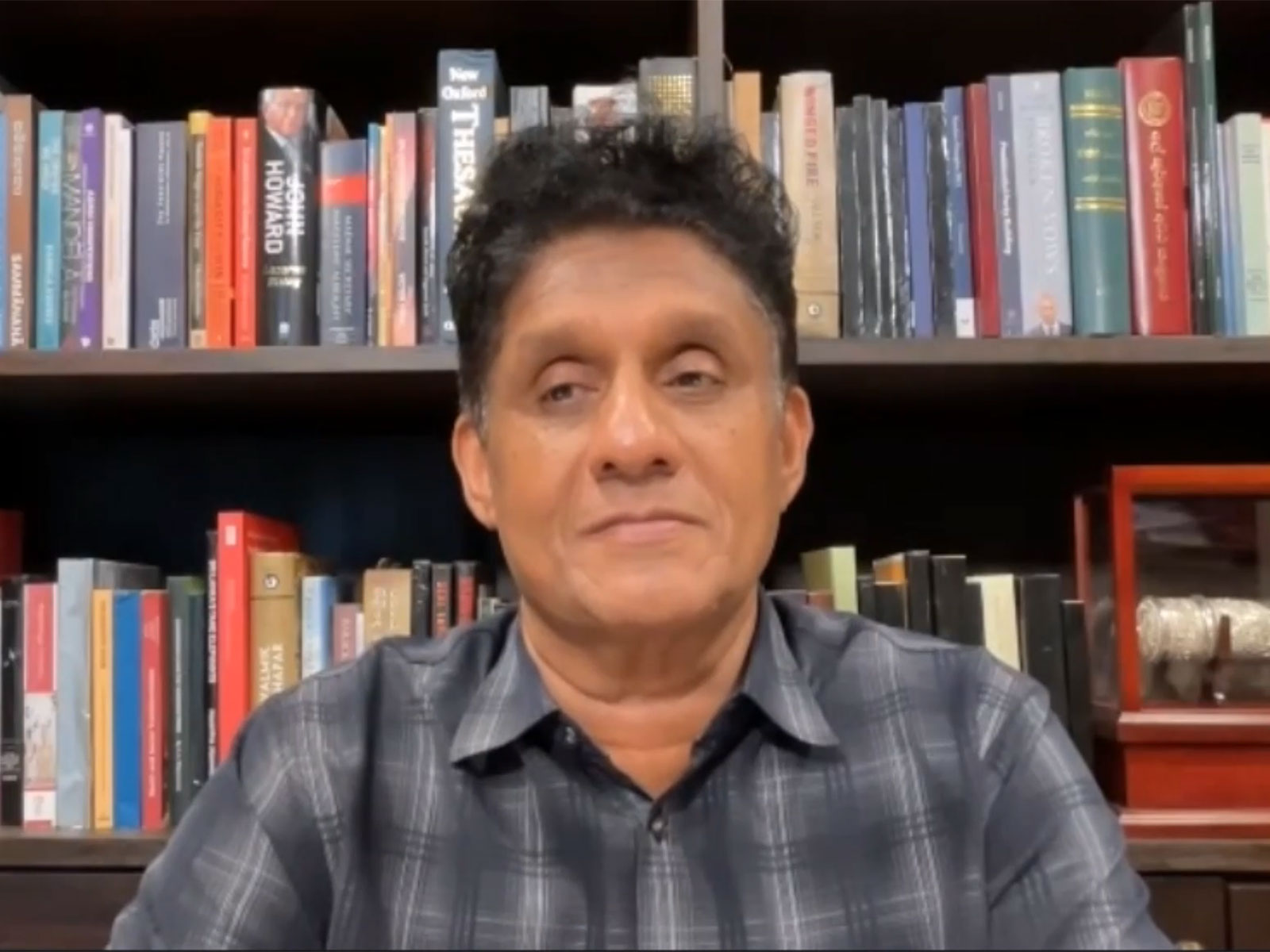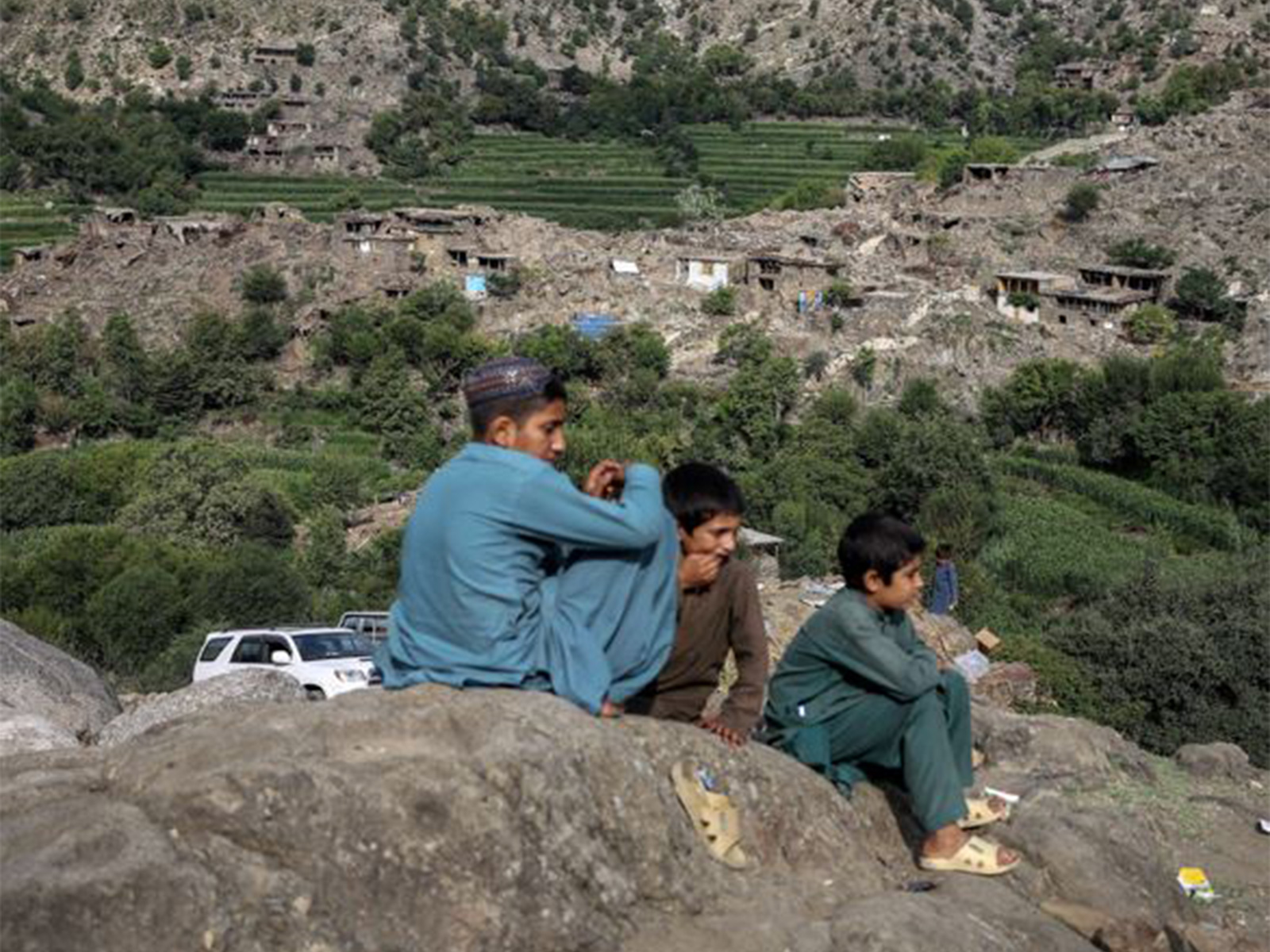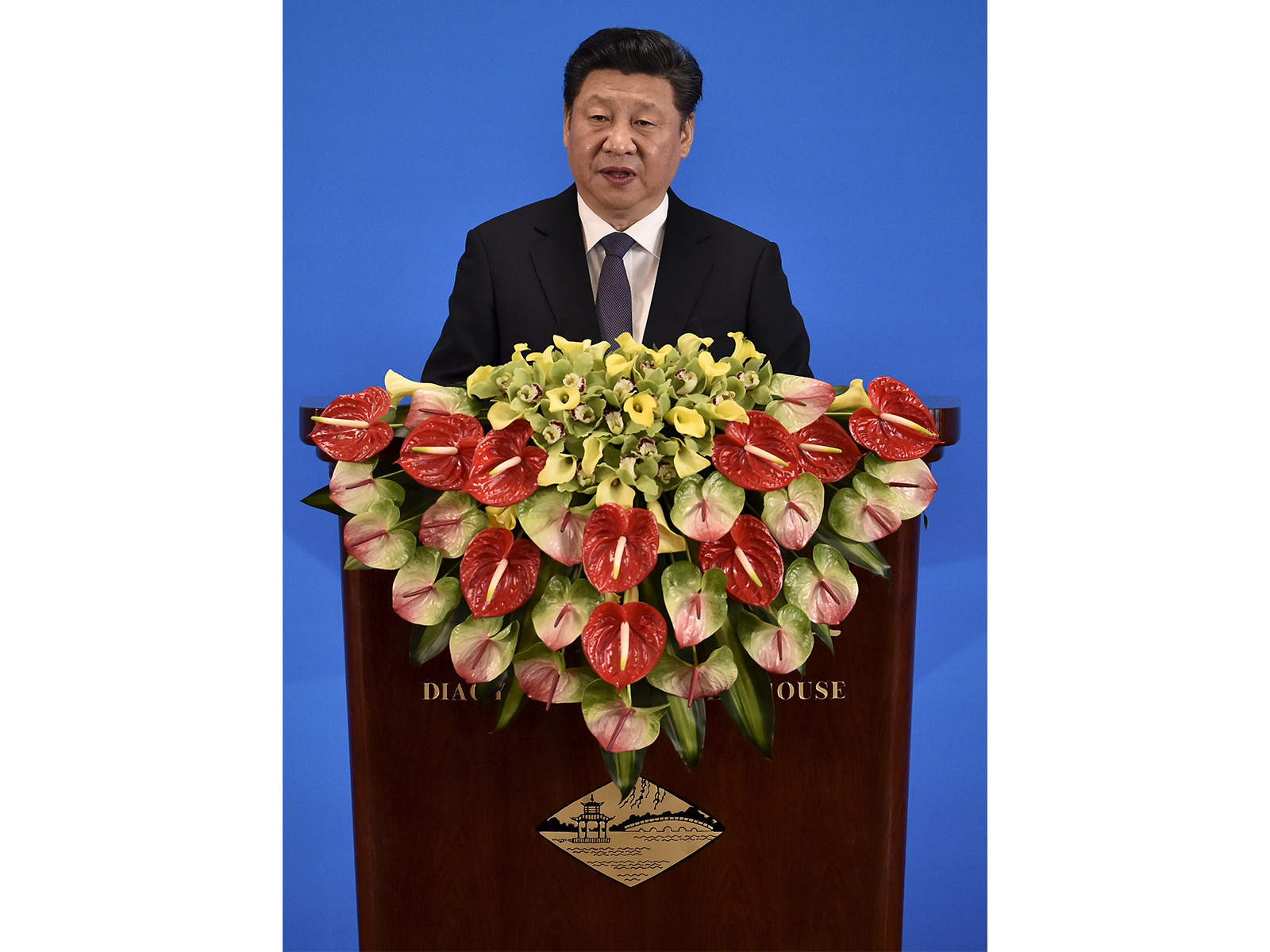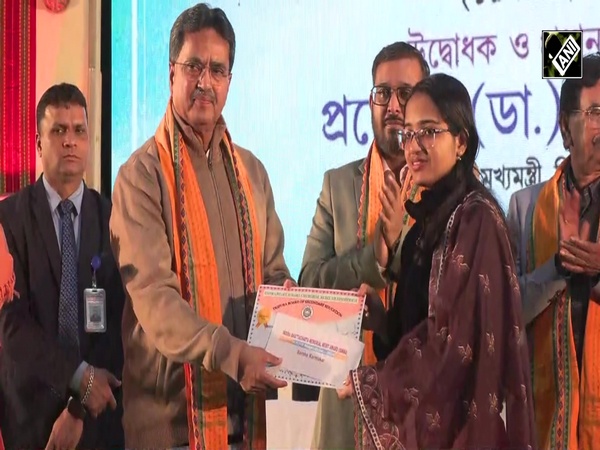
Experts warn neglect of scientific research holding back Pakistan's progress
Oct 12, 2025
Karachi [Pakistan], October 13 : Pakistan needs to make sustained and serious efforts to promote scientific inquiry and research, which have long been overlooked and discouraged in the country, despite being essential for progress, innovation, and understanding the world, Dawn reported.
This was the key takeaway from the launch ceremony of two Sindhi-language books by author and medical doctor Sikandar Mughal, held at the Arts Council of Pakistan on Saturday. The event was moderated by Ayub Sheikh, chairman of the Lok Virso Committee, Dawn reported.
The books, Zahanat Ji Irtiqa (Evolution of Intelligence) and Irtiqa: Zindagi ain Science Jo Safar (Evolution: Journey of Life and Science), aim to present complex scientific ideas in simple and accessible Sindhi.
Speaking at the event, Sikandar Mughal said that developed countries had progressed because they focused on science and research, while nations that neglected scientific knowledge fell behind.
He said he wrote these books in simple Sindhi so that students in the province could understand these ideas and use them to build a better future.
"Only through scientific knowledge can a country move forward," he said.
Riaz Sheikh, dean of Social Sciences at Szabist University, said that an anti-science mindset has long been "promoted in Pakistani society, often with the support of the state."
He recalled that when he was part of a curriculum designing committee, he once included Darwin's theories in the Sindh Textbook Board's curriculum, but they were later removed after public protests.
He said scientific thinking and inquiry have been "deliberately discouraged," and in this context, Mughal's books are a valuable contribution, Dawn reported.
Shireen Narejo highlighted the importance of questioning in science and stressed the need to create an environment that encourages research and open discussion, even on controversial topics.
Saif Zulfiqar Junejo, a medical professional, said the book Zahanat Ji Irtiqa is adapted from Australian neuroscientist Max Bennett's A Brief History of Intelligence.
He said the book outlines five major breakthroughs in the evolution of human intelligence, including the ability to interact with the environment, learn from experience, imagine outcomes, understand the thoughts and feelings of others, and develop language for communication and sharing knowledge.
He also spoke about the idea of Super Artificial Intelligence, a theoretical form of AI that could surpass human intelligence in every aspect, including problem-solving, creativity, and emotional understanding.
He referred to the warnings of Geoffrey Hinton, a British computer scientist known as the "Godfather of AI," who has expressed concerns that AI could become "uncontrollable" without proper regulations.
Medical professional Zulfiqar Rahojo said that Mughal chose a challenging topic like evolution and intelligence because he wanted to promote scientific thinking among Sindhi-speaking people.
Majid Iqbal of the Federal Urdu University of Arts, Science and Technology said that Mughal has dedicated his life to educating people and continues to do so through his writings, Dawn reported.


























